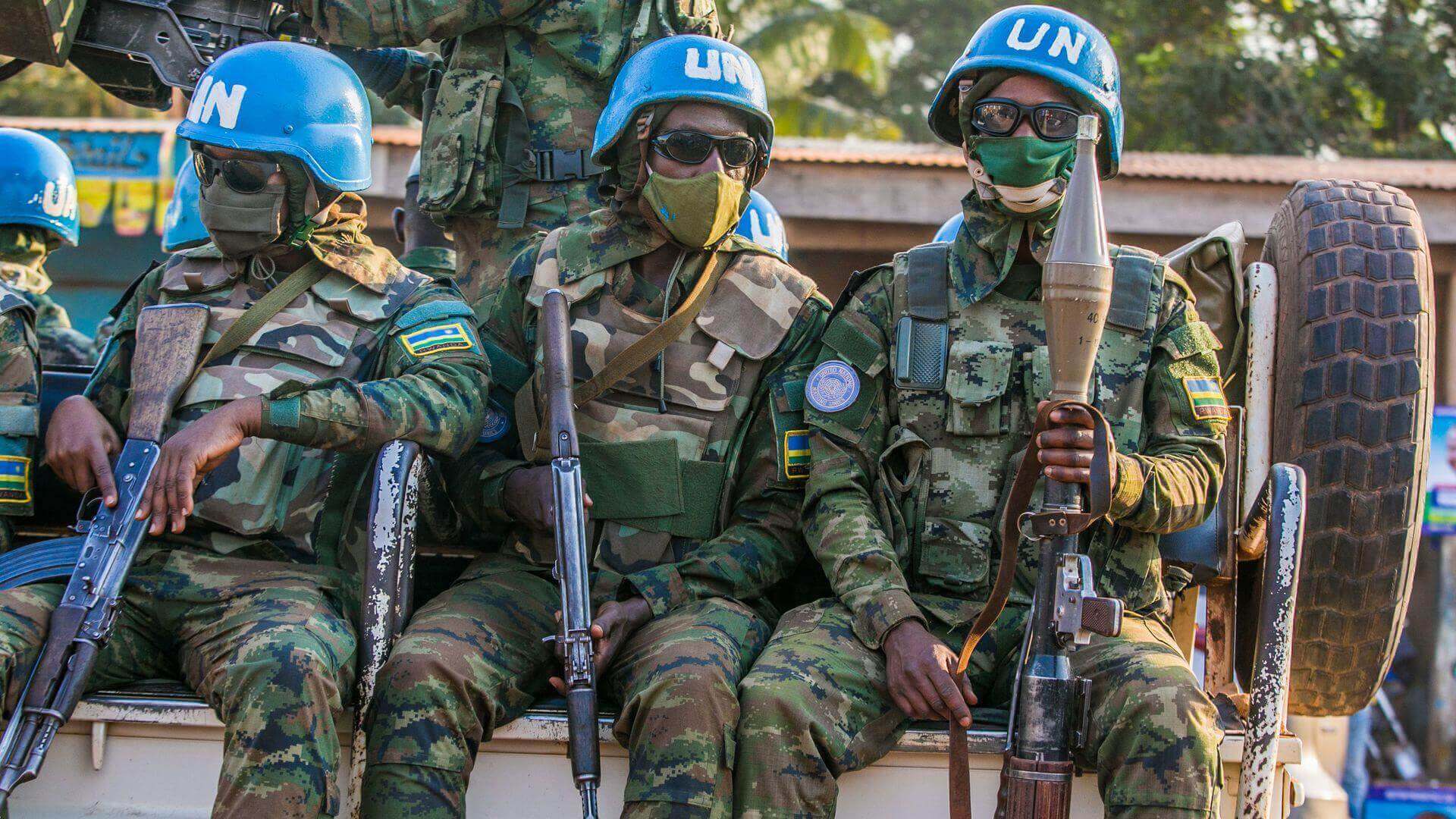Rebel violence led by armed groups allied with former President François Bozizé has greatly increased over the past few days in the aftermath of the Central African Republic’s (CAR) recently-held election on December 27. Over the past few weeks, rebel forces have attacked and killed United Nations (UN) peacekeepers, attempted to storm the capital Bangui, and led ‘back-to-back’ attacks on Damara and Bangassou.
On December 25, unidentified armed rebels killed three Burundian UN peacekeepers and injured two others in Dékoa, Kémo Prefecture and Bakouma, Mbomou Prefecture. At the time, UN Secretary-General António Guterres’s spokesperson, Stéphane Dujarric, released a statement condemning the attacks and called on government authorities to launch an investigation into the attacks.
The government, for its part, led by President Faustin-Archange Touadéra, has held former leader Bozizé responsible for attempting to orchestrate a coup. In fact, the attack on the UN forces came after the rebel coalition, the Coalition of Patriots for Change (CPC), announced a ceasefire. A few days prior to the attack on the peacekeepers, the UN released a statement saying that the rebel forces had been “pushed back” and prevented from entering the capital city, Bangui.
The rebel forces had been blocking major roads heading into Bangui. In response, the G5+—comprised of France, Russia, the United States (US), the European Union (EU), and the World Bank—called on Bozizé and his allied troops to “lay down their arms” and warned that the MINUSCA force, which is staffed by 11,000 troops, would “use all means at its disposal including planes to prevent violence”. Likewise, Russia and Rwanda both deployed hundreds of troops to the country.
Consequently, the rebel forces announced a ceasefire, but then reneged on this commitment just a few days later by attacking UN troops. This past weekend, the CPC doubled down on its violence by attacking Damara and Bangassou. In fact, the rebels took control of Bangassou and forced government troops to “abandon their position” and retreat to the MINUSCA base, according to the head of the UN mission, Rosevel Pierre Louis, who added that the rebels now “control the town…they are everywhere”.
Against this backdrop, the CAR’s Minister of National Defence and Army Reconstruction, Marie-Noëlle Koyara, expressed her gratitude for the support of Rwandan and UN peacekeeping forces. At the same time, she noted that much of the state’s inability to fend for itself is derived from the fact that it is under an arms embargo. She argued that this embargo impedes the ‘reconstruction’ of the army, which “does not have all the necessary equipment […] to defend its population”.
It is predicted that President Faustin-Archange Touadéra, who is being most closely challenged by former Prime Minister Anicet-Georges Dologuélé, will maintain his incumbency. Given this likelihood, the Democratic Opposition Coalition (COD-2020) recently released a statement calling for electoral authorities to conduct a new election, arguing that the results are not valid due to the fact that one-third of voters were unable to cast their ballots.
In fact, the Union for Central African Renewal (URCA), led by Dologuélé, claimed that MINUSCA, which “played a role in the protection of ballot boxes”, alleged that the UN had indulged in “ballot stuffing”. As expected, MINUSCA spokesperson Vladimir Monteiro firmly refuted these “fallacious” accusations.
Touadéra’s re-election is most severely challenged by Former President François Bozizé, whose candidacy was rejected by the constitutional court in the lead-up to the election. The court deemed that he did not meet the “good morality” criteria, disqualifying him due to his previous prosecution for assassination and torture, and the fact that there is an international arrest warrant for him. Interestingly, Bozizé was ousted from power via a coup in 2013 and Touadéra previously served as the prime minister (PM) under the former leader, who led the country from 2003 to 2013.
Although some have claimed that Bozizé has left the country, Touadéra has said, “We know he is still on the territory of the Central African Republic. And he is the one still running the attacks against the blue helmets here as well as the national forces of defence and a part of the population. He is still perpetrating violent acts.”
Although Touadéra is widely expected to emerge victorious, in the unlikely event that no candidate receives more than 50% of the votes, a run-off election will be held on February 14.
Since 2013, the CAR has become a hotbed for conflict between the country’s minority Muslim community and the Christian and animist groups. This is due to the fact that Bozizé’s ouster was driven by the Seleka rebel coalition, which is largely comprised of Muslims.
Consequently, fighting between Muslim and Christian militias has left much of the country under militia control, undermining the legitimacy and power of the government. Although France intervened in 2016 to usher in democratic elections that saw Touadéra rise to power, the underlying tensions that drove the conflict following the 2013 coup remain.
It is expected that election results will be announced this week.
CAR Rebel Forces Allied With Former President Continue Post-Electoral Violence
The Coalition of Patriots for Change, allied with former President François Bozizé, who was prevented from running in the recent election, has killed UN forces and attacked a number of cities.
January 5, 2021

SOURCE: MENA FN
